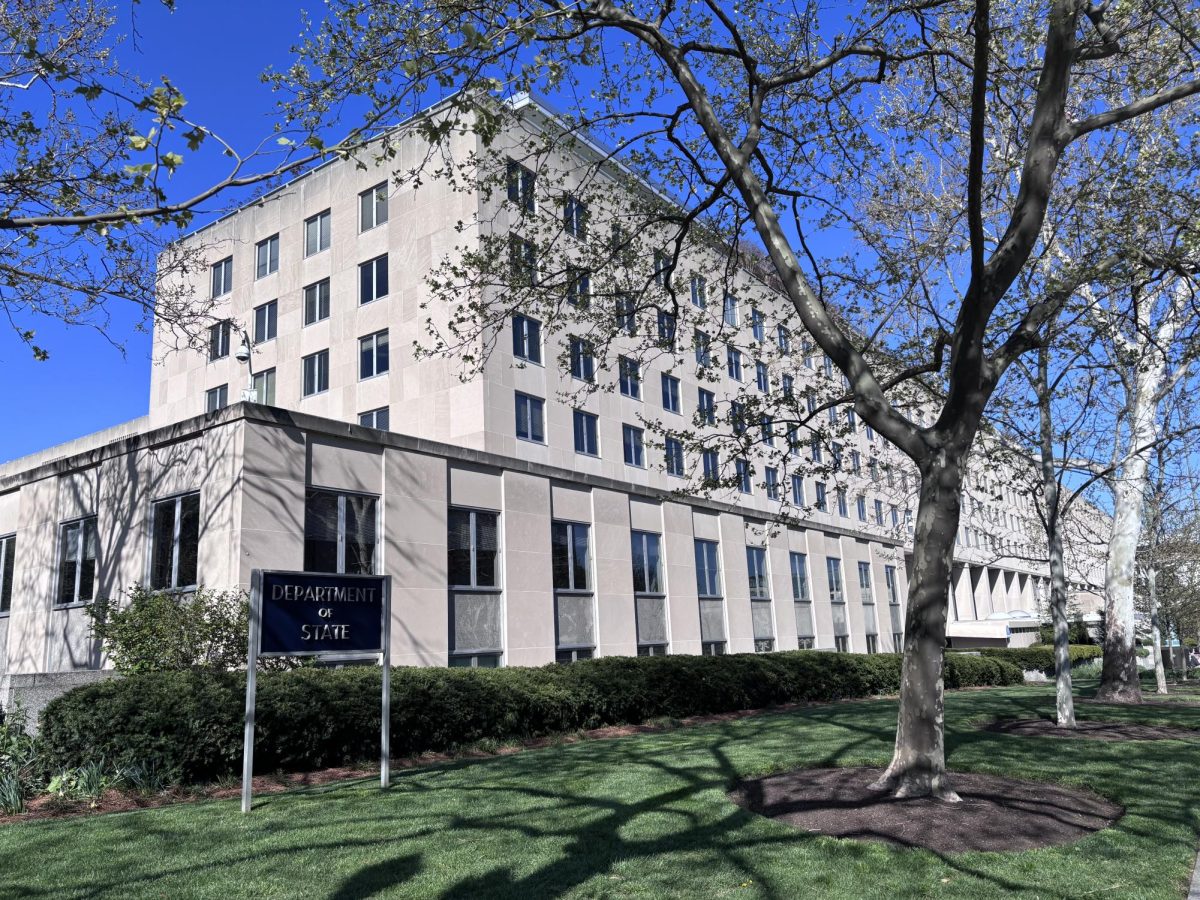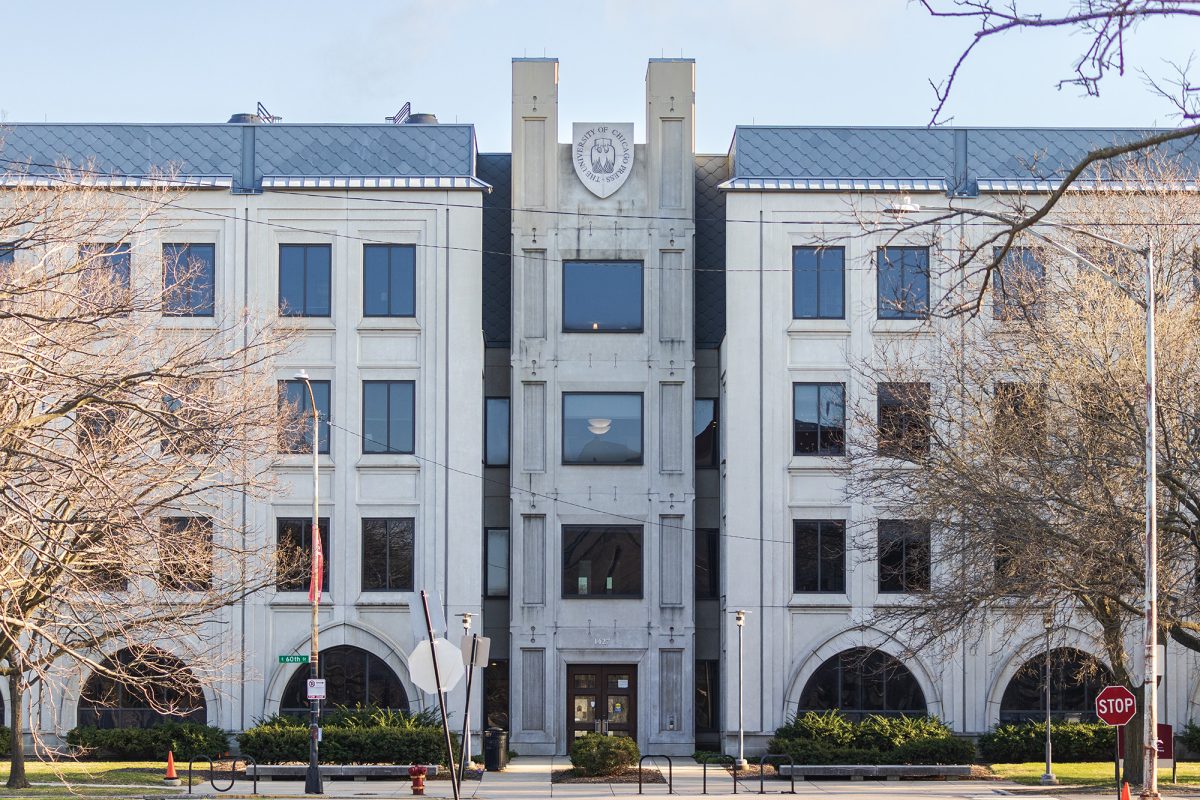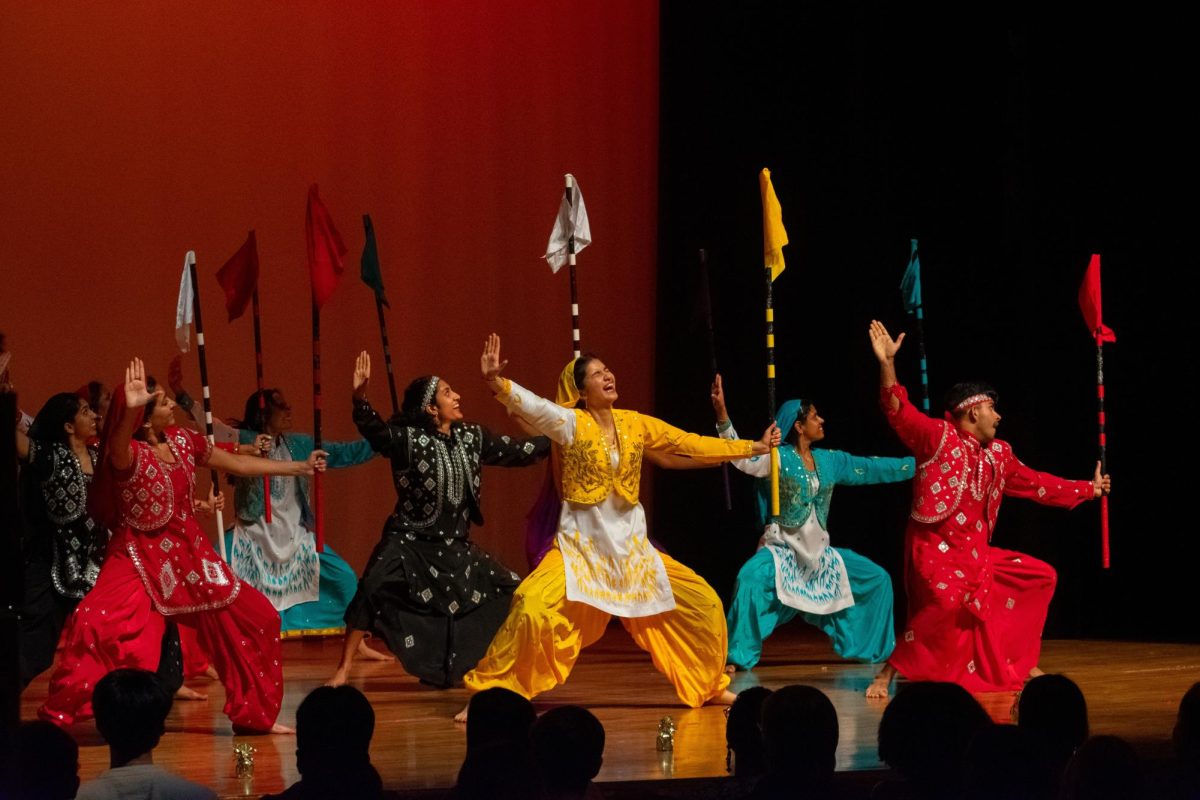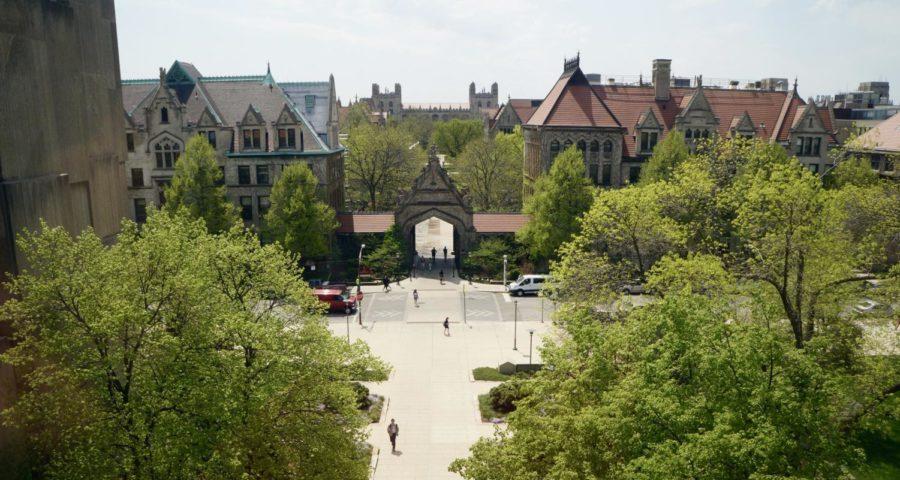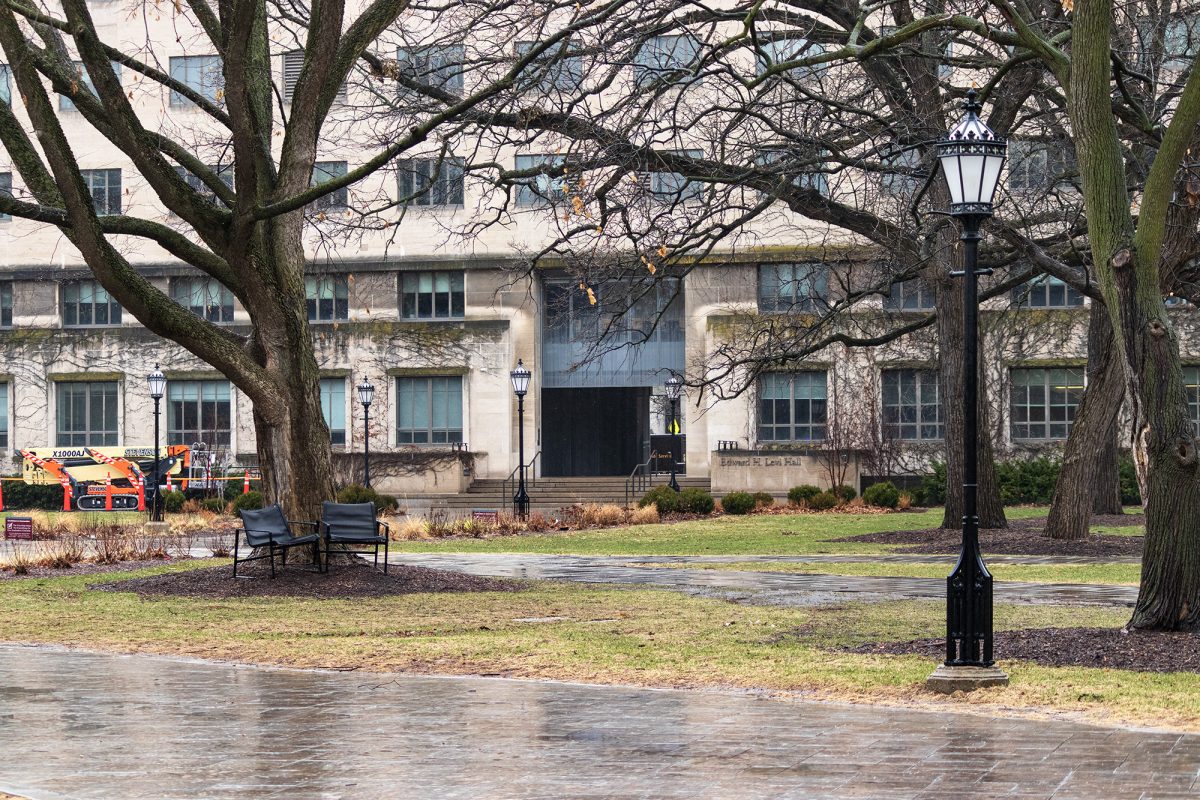Students and participants of the University’s Community Service Center’s (UCSC) Open Exchange program reflected on the work that they had done with immigrants and refugees in various communities across Chicago. Sanctuary Cafe held a dinner for the participants on May 9.
The Open Exchange program is a pilot program that was launched by UCSC last fall. It unites five organizations that work with immigrant and refugee communities in Chinatown, Hyde Park, Pilsen, and Little Village.
University students can apply their language skills in practical work with communities and neighborhoods to support Chicagoland area immigrants and refugees.
The organizations comprising the Open Exchange program include Sirat Chicago, which works with Syrian refugees in Illinois; The Resurrection Project (TRP), a community program that provides affordable housing, education and immigration services to Pilsen residents; the Coalition for a Better Chinese American Community (CBCAC), which works with Chinatown residents; the Illinois Coalition for Immigrant and Refugee Rights (ICIRR); and the Telpochcalli Community Education Project (TCEP) in Little Village.
The work that students and participants do varies, particularly in light of current events. For example, those working with The Resurrection Project in Pilsen recalled that much of their work centered on DACA at the beginning of the year.
Students are assigned to an organization depending on what language they speak.
Audrey Fromson, a first-year learning Spanish at the College, works with TRP. At the dinner, she spoke about her work with TRP employee Julieta at the Mexican consulate, delivering immigration and citizenship presentations to people waiting for assistance at the consulate.
Despite her imperfect Spanish, Fromson felt that she “really learned the capability of language in its power to build trust.”
Bailey Yu and Stephanie Davis, also first-years, discussed their work with CBCAC. Yu and Davis largely worked with older citizens in Chinatown and took part in phone banking and encouraging people to vote.
Yu described it as a very different experience from working in Pilsen with TRP, as there was a greater sense of community cohesion in Chinatown. “[B]oth programs brought you out of the university campus bubble and immersed you in real issues faced by the communities around the University,” she said.
UCSC hopes to expand the program to include other languages.
Amy Chan, UCSC’s director and associate dean of students in the University, stated that “we're excited to explore possibly adding French and Russian next year.”



